The Mars Polar Lander during tests. It made it to Mars, but failed to make contact with Earth.
Click on image for full size
Courtesy of NASA
Oh No, Not Again!
News story originally written on December 9, 1999
It appears that disaster has struck yet again. The Mars Polar Lander, which landed on the Red Planet on December 3, 1999, has yet to regain contact with Earth. Scientists have watched six chances for contact pass by, leaving many to believe the spacecraft was lost.
"Clearly the team is getting more frustrated, certainly, and more tense about all of this,' operations manager Richard Cook said late Sunday.
Another failed mission will put NASA under more scrutiny. The program lost the Mars Climate Orbiter in September because of a math error. The estimated cost of the Polar Lander program is $165 million, which is actually cheap in terms of space projects. The Climate Orbiter is part of the new line of cheaper, faster, better spacecraft. But now it seems that NASA may be ahead of its time.
To make matter worse, the two probes aboard the Lander have also failed to contact Earth. Scientists say that even if the probes were working, they would no longer be sending signals because the batteries should be dead. The probes were supposed to crash into Mars and burrow into the ground to look for water.
But scientists aren't giving up just yet. They will continue for the next few days to establish contact with the Polar Lander. There is still a small chance the spacecraft is intact.
You might also be interested in:
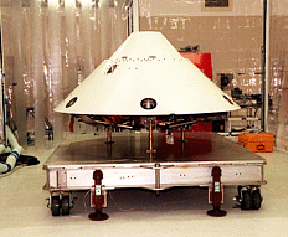
Amongst reports that the Mars Polar Lander fell into a deep canyon, scientists are reporting the cause of the disaster is still unknown.Organizers of the mission also pointed out they knew the canyon
...more
Just when everyone had given up hope, a faint signal was received at Stanford University. Scientists say it most likely came from Mars, although they won't know for sure until later this week. The signals
...more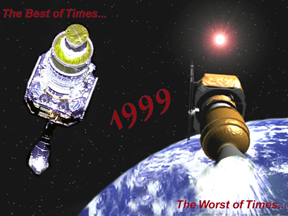
It was another exciting and frustrating year for the space science program. It seemed that every step forward led to one backwards. Either way, NASA led the way to a great century of discovery. Unfortunately,
...more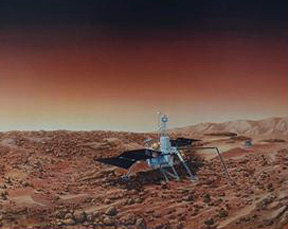
A panel made up of aerospace experts studied NASA's recent ventures into space, including the Mars Climate Orbiter and Polar Lander. The results of the study aren't very friendly to the NASA organization.
...more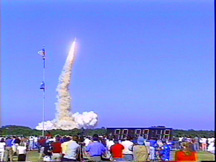
The Space Shuttle Discovery lifted off from Kennedy Space Center at 2:19 p.m. EST, October 29th. The sky was clear and the weather was great as Discovery took 8 1/2 minutes to reach orbit for the Unitied
...more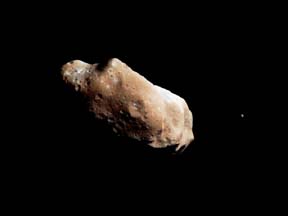
A moon was discovered orbiting the asteroid, Eugenia. This is only the second time in history that a satellite has been seen circling an asteroid. A special mirror allowed scientists to find the moon
...more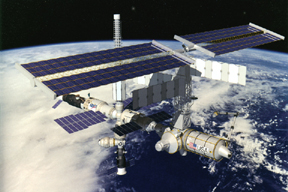
Will Russia ever put the service module for the International Space Station in space? NASA officials are demanding an answer from the Russian government. The necessary service module is currently waiting
...more













